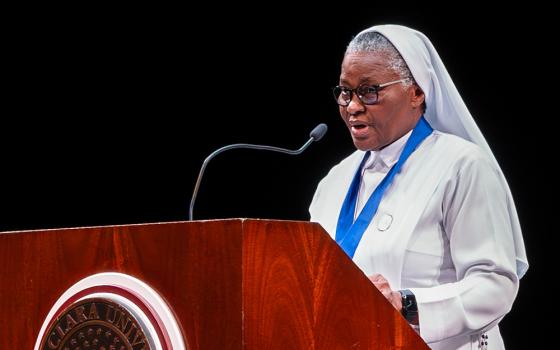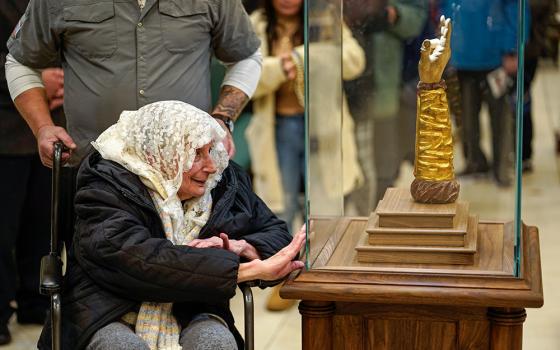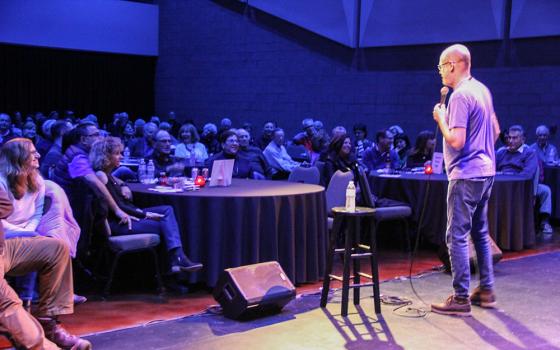E. J. Dionne is on the side of the angels, as well as being one of the nicest people in Washington. And, his analysis of how religious concerns intersect with politics is second to none. But, he missed a beat in this morning’s column.
Dionne writes that "moral values" were seen as decisive in the 2004 election but that recent polling data has shown that other issues have risen to the top of voters' concerns, starting with the economy. "But a funny thing happened on the way to the revival tent. The crash of the economy has concentrated the minds of Americans on other things. Moral conflict just isn't what it used to be."
The problem here is that the economy is a moral concern, and not only because of the gross excesses of greed perpetrated by some on Wall Street. Providing for one’s family is the most basic moral responsibility most people face, and that has been threatened by the economic downturn. As well, the collapse of the market idolatry that characterized Reaganomics and Mr. Greenspan’s worldview has left people wondering about the moral contours of the entire economic system.
The average American voter is not yet ready to say, with Dorothy Day, that "Our problems stem from our acceptance of this filthy, rotten system" but they are questioning "the system" at an almost existential level: What does it promise? How can I find a place for myself and my dreams in this system? Where are the demands of justice made and how are they adjudicated? It is President Obama’s challenge, and his promise, that he is laying the groundwork for an answer to those questions.
Dionne knows all of this, better than most, certainly better than me. But, we can never, not even in a single article, set economic issues on one side and moral concerns on the other. The economy is, and always has been, a moral issue. We must see that now but it is true even when the stock market is bullish.



